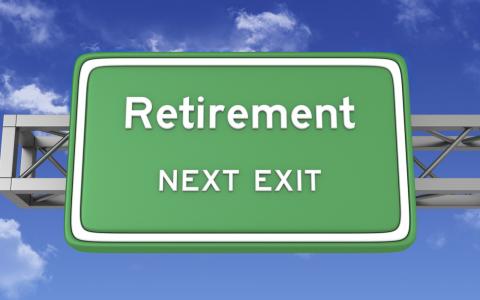
While the number has dipped for the last two years, on average, life expectancy in the U.S. is still high. While this means that you may be able to spend more time enjoying retirement, it also means that your money is subject to factors such as inflation for a longer period of time.
On top of ensuring that your retirement income will last as long as you need it to, you may want to make certain that your income rises over time to help keep pace with the increasing cost of the goods and services that you’ll want or need to purchase.
Consider this: If you retire at age 65, the odds of living in retirement up to 20 or more years are fairly good. But, if you aren't generating an income from employment, your savings will not only have to provide an income stream but one that keeps increasing over time to keep up with inflation.
Inflation And Its Impact On Retirement Income
In its most basic sense, inflation is defined as "The rate at which the general level of prices for goods and services is rising and, consequently, the purchasing power of currency is falling." Due to inflation, the purchasing power of the dollar will fall.
For instance, if the rate of inflation is 3%, then a loaf of bread that costs $1 in a given year will cost $1.03 the following year.
While just a few cents per year may not appear to be troublesome, over time, rising prices can add up. Over a retirement that lasts for 20 to 30 years, it can end up being a substantial amount of money down the road.
If your retirement income doesn't keep pace with inflation, there are some things you can do, but not all of them may be very appealing to you. That's because the solution often entails either cutting back on the items that you buy or going back out into the workforce in order to earn more income.



